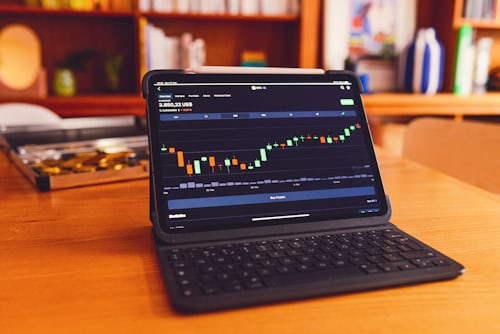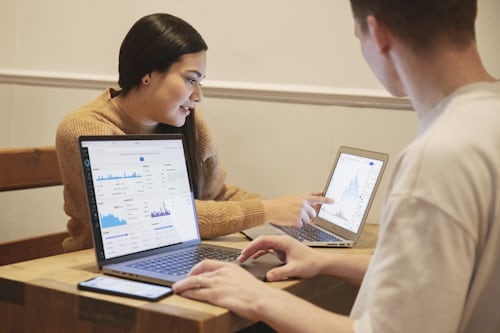| Home New ClickBank Products ClickBank Trends/Analytics Search ClickBank Browse ClickBank Top Products Free Downloads Tools & Guides ClickBank RSS Feeds FAQ Contact Us Blog |
What exactly are futures?This means that the value of a future depends on another underlying value, the underlying asset. Depending on the trader's trading decision and whether the price of the underlying asset moves in the right direction, the value of the futures contract rises and falls. How are futures traded?Futures contracts are standardised and traded on futures exchanges such as Eurex and are so-called unconditional forward transactions: The buyer of a contract undertakes to buy a fixed quantity of the underlying asset on a certain date in the future at a fixed price. The seller takes the opposite position. Both the buyer and the seller are bound to their decision - unlike with options, for example - and have no right of choice or option. Nevertheless, there is a possibility to "close out" a position: The holder of a long position (buyer of the futures) can neutralise his investment by opening a short position with the same number of contracts. In the case of futures, a distinction is made between financial futures and commodity futures. The former are based on values such as shares, indices or foreign exchange, while commodity futures are based on commodities such as oil or precious metals such as gold and silver. Speculation and hedgingFutures are suitable for speculation and hedging purposes like the CFDs in Exness broker. In both cases, the low capital investment and the fact that prices are fixed on a regulated exchange are advantageous. Hedging with futuresFutures can be used to hedge portfolios against price losses without incurring excessive costs. The market price risk of a DAX portfolio can be neutralised with a DAX future for any period of time without incurring losses beyond the transaction costs. This is where futures differ from options. When hedging with options (e.g. protective put), option premiums are incurred. In return, however, the profits made with the options can exceed the losses in the cash portfolio, which is not possible with a 1:1 hedge with futures. A complete hedge transaction, however, requires the complete matching of the futures and the equity portfolio. The portfolio would thus have to replicate the Dow Jones 1:1. How much capital is required to trade futures?How much capital is required to trade a particular contract can be easily determined by multiplying the broker's margin (!) by the contract value. However, this says little about what minimum account size is advisable for traders who want to trade futures. To determine the sensible account size, increased collateral requirements must be taken into account in addition to the usual initial margin requirements. Increased requirements may occur in the timing of important releases, but also in the event of an increase in market volatility. In addition, the position sizes planned within the framework of a trading strategy and the maximum permitted losses (i.e. the distances between the purchase price and the stop loss limit) must be known. Fees and Margin: Are Futures Suitable for Day Traders?Futures trading is generally well suited for day traders because of the very low costs (with suitable brokers). However, brokers from Germany in particular are often significantly more expensive than their competitors from the Anglo-Saxon world. Price fixing via a regulated stock exchange offers transparency advantages compared to CFD trading, and the margin principle includes a leverage effect.
View the Top, Frequently Viewed Products |

